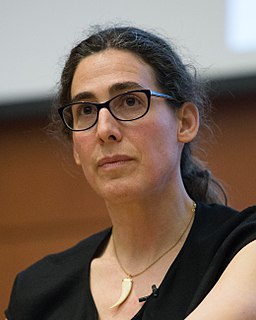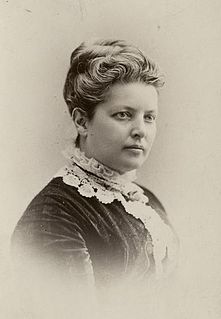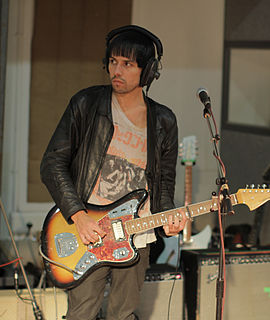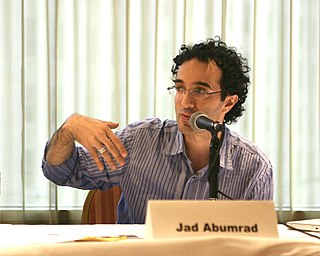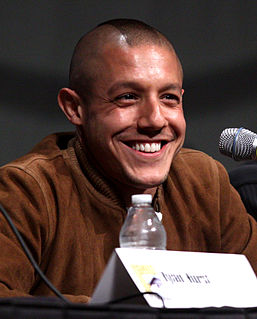A Quote by Sarah Koenig
I've been a radio reporter for ten years, and if I learned anything from my time at 'This American Life,' it's how to craft a narrative so that even if the ending is ambiguous, it is somehow satisfying.
Related Quotes
Ten years dropped from a man's life are no small loss; ten years of manhood, of household happiness and care; ten years of honest labor, of conscious enjoyment of sunshine and outdoor beauty; ten years of grateful life--one day looking forward to all this; the next, waking to find them passed, and a blank.
We swung over the hills and over the town and back again, and I saw how a man can be master of a craft, and how a craft can be master of an element. I saw the alchemy of perspective reduce my world, and all my other life, to grains in a cup. I learned to watch, to put my trust in other hands than mine. And I learned to wander. I learned what every dreaming child needs to know -- that no horizon is so far that you cannot get above it or beyond it.
To become a chess grandmaster also seems to take about ten years. (Only the legendary Bobby Fisher got to that elite level in less than that amount of time: it took him nine years.) And what's ten years? Well, it's roughly how long it takes to put in ten thousand hours of hard practice. Ten thousand hours is the magic number of greatness.
What I've learned, more than anything, as a young actor who has been in the business for 10 years, is just to be around guys and girls, like Ron Perlman, Bill Lucking, Kim Coates, Tommy Flanagan, Katey Sagal, who have been in this business for a very long time, and to learn what to do and what not to do from them, every day, and to see how they navigate through their Hollywood life.
